

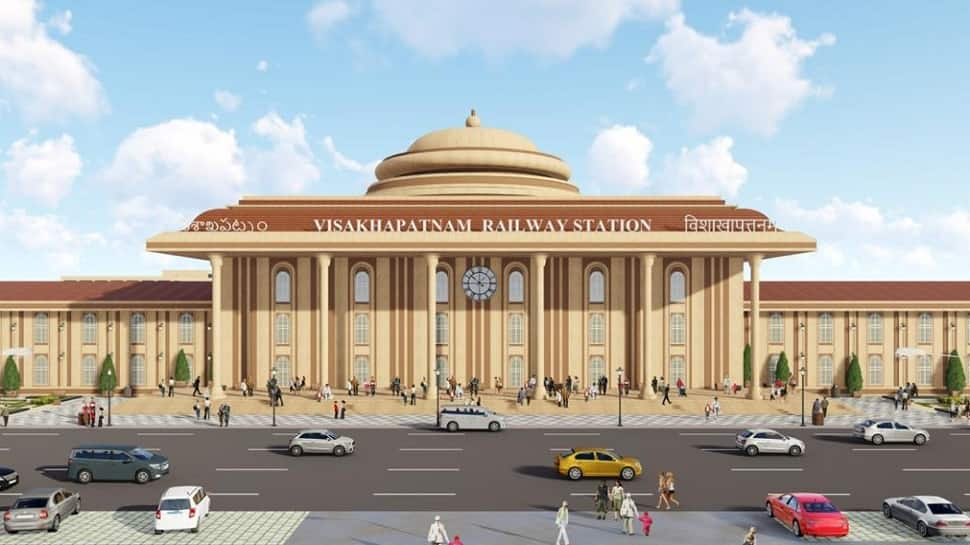
Prime Minister Narendra Modi is set to launch the Amrit Bharat initiative, aimed at transforming 553 railway stations across India. He will also lay the foundation stone and inaugurate 1,500 road overbridges and underbridges across various states, with the goal of alleviating congestion and improving connectivity. The redesigned stations will prioritize environmental sustainability and accessibility for the differently-abled, while the infrastructure projects aim to enhance the capacity and efficiency of rail travel.
Amrit Bharat Station initiative:
Background:
Objectives:
Key Features:
FAQs:
1. How many railway stations will be transformed under the Amrit Bharat Station initiative? Answer: 553 railway stations across India.
2. What are the key objectives of the Amrit Bharat Station initiative? Answer: To improve passenger amenities, enhance safety and security, promote energy efficiency, increase accessibility, and create employment opportunities.
3. What kind of facilities will be available at the redeveloped stations? Answer: Modern signage and lighting systems, upgraded passenger waiting areas and lounges, provision of Wi-Fi and other digital services, and development of green spaces.
4. How will the Amrit Bharat Station initiative benefit the differently-abled? Answer: The redeveloped stations will feature ramps, elevators, and other facilities to enhance accessibility for differently-abled individuals.
5. What is the timeline for the completion of the Amrit Bharat Station initiative? Answer: The target is to complete the transformation of all 553 railway stations by 2025.
For further information:
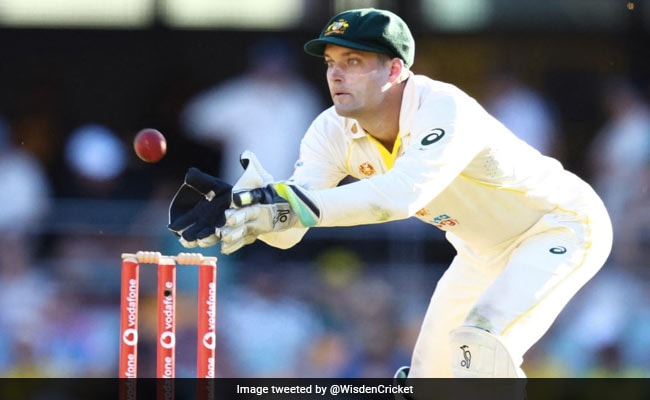
In the second Test against Sri Lanka, Alex Carey's impressive form continued as he scored the highest score by an Australian keeper in over ten years. Carey, who was elevated to No. 5 due to an injury to Josh Inglis, proved himself to be a valuable asset to the Australian team. His record-breaking performance has solidified his position as a key player in the Test side.
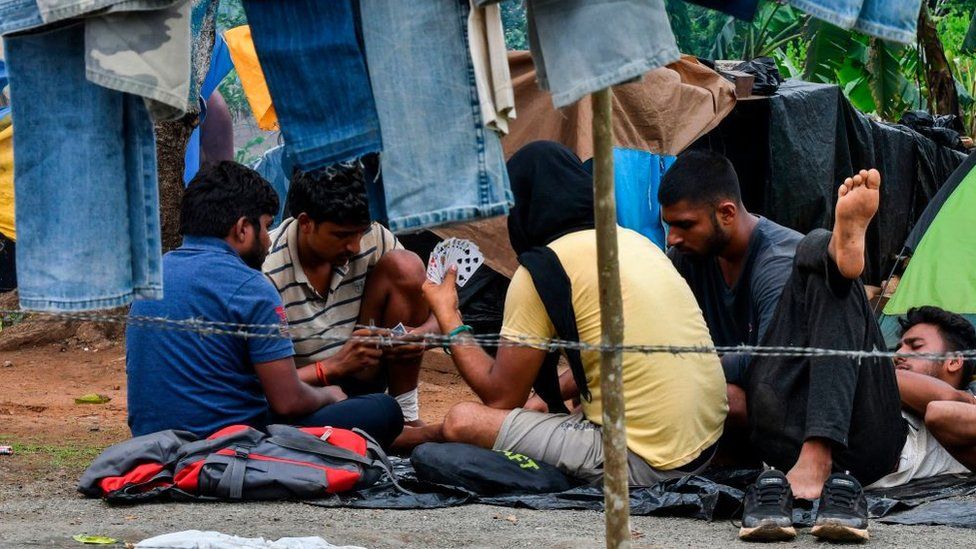
Dozens of Indian citizens, who had attempted to enter the US through unauthorized routes, have been deported back to India. The incident sheds light on the growing trend of illegal migration from India and the harsh realities faced by those seeking to settle in a foreign land. The government is being called upon to take action and address this issue.
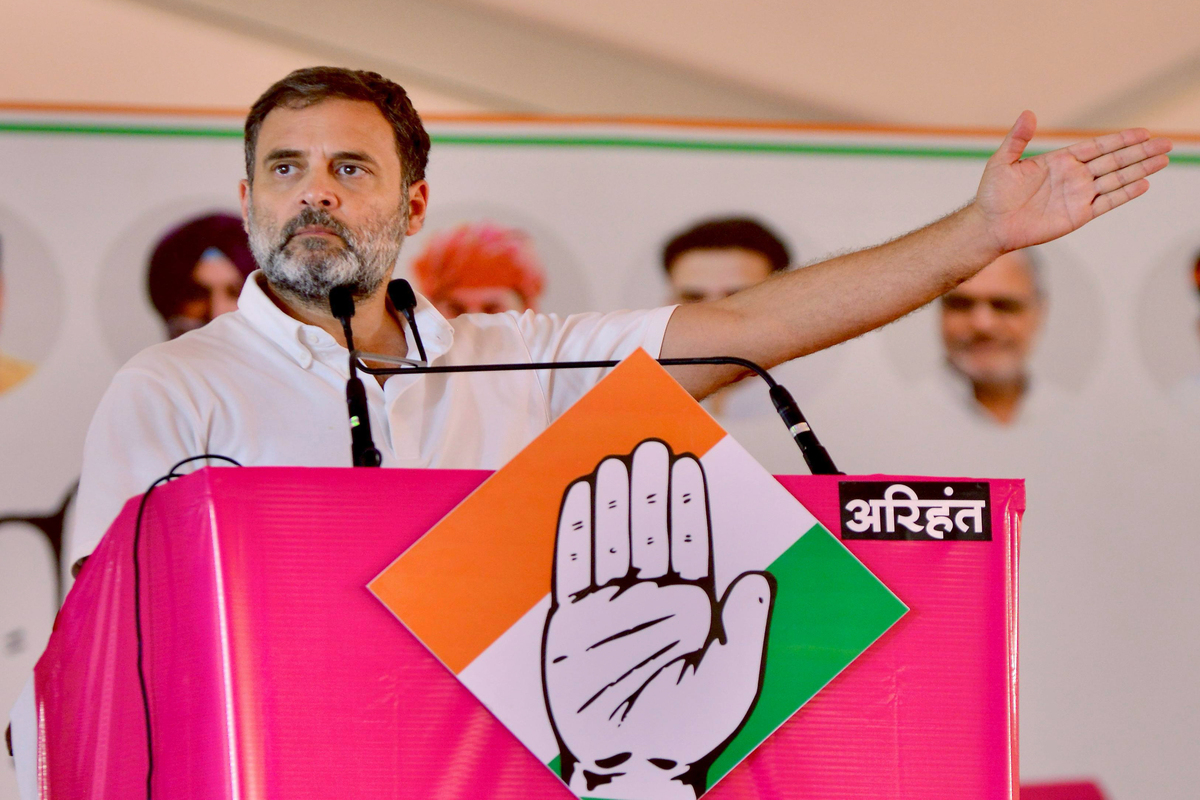
Amidst a heated political battle over the UGC draft regulations for faculty appointments, the UGC has extended the deadline for receiving public feedback to February 28. In response to the opposition by non-BJP ruled states and political parties, including the DMK and Samajwadi Party, Congress leader Rahul Gandhi alleged that the draft aims to fulfill the RSS agenda of imposing "one history, one tradition, one language" in India. However, Union Education Minister Dharmendra Pradhan retorted against these accusations, stating that they are baseless and politically motivated. This issue highlights the ongoing conflict between the central government and state governments, with stakeholders calling for the respect of diversity and autonomy in educational reforms.
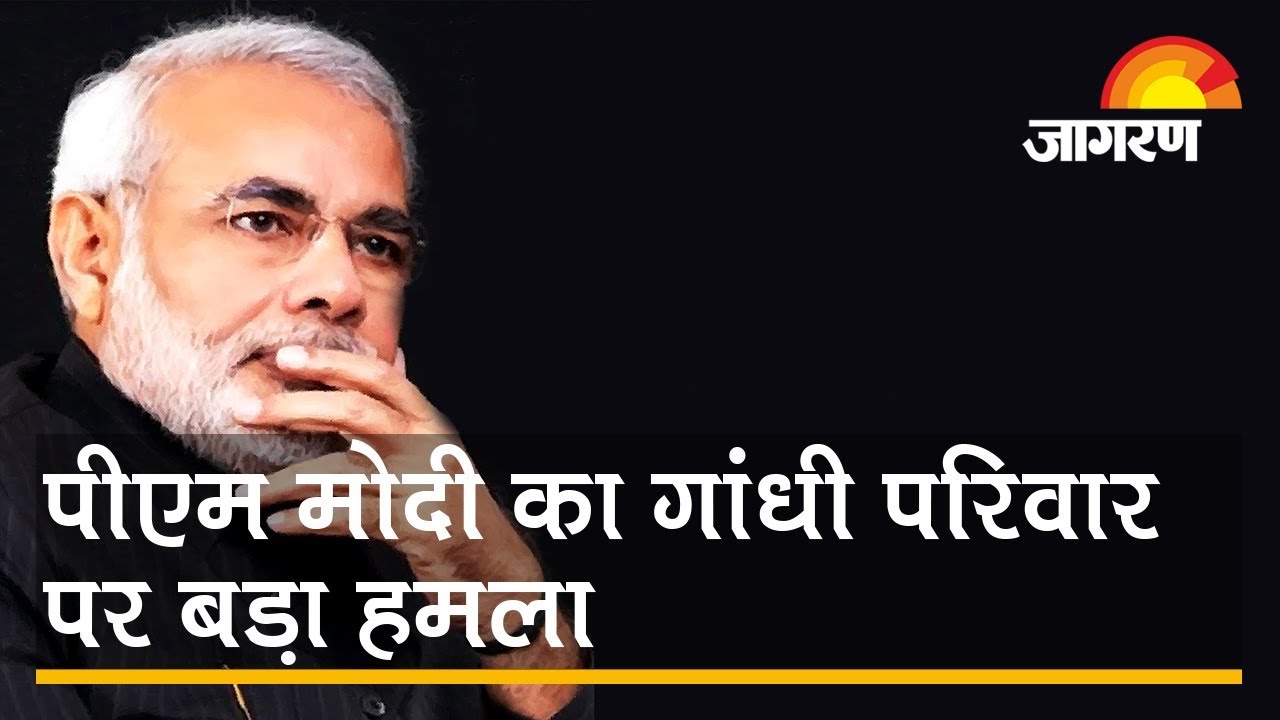
Prime Minister Narendra Modi slammed the Congress for their "predatory approach" and "politics of family first and polarisation" during his reply to the Motion of Thanks in Rajya Sabha. He highlighted the success of his government's development model based on "nation first" and "saturation" of welfare schemes. PM Modi also pointed out the disparities in sharing the benefits of development under previous Congress governments and emphasized his government's commitment to uplift the marginalized sections of society, such as women, farmers, and Dalits. He stressed on the implementation of 'Sab ka Saath, Sab ka Vikas' and the strengthening of the SC and ST Act as evidence of his government's inclusive policies.
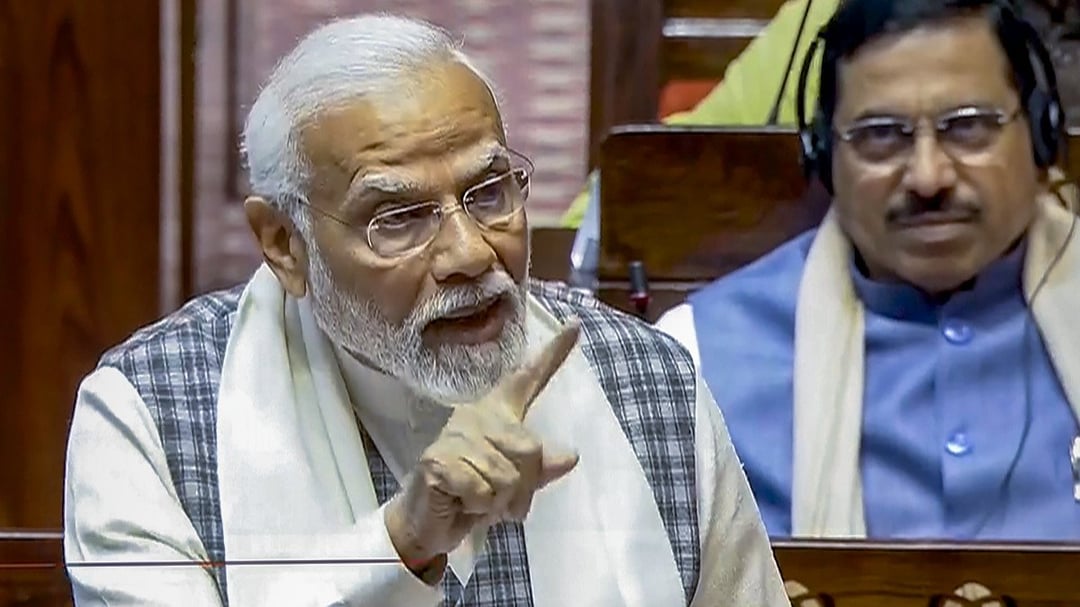
In his address to the Rajya Sabha, Prime Minister Narendra Modi criticized the Congress party for their "family first" approach and "appeasement policy". He stated that expecting "Sabka Saath, Sabka Vikas" from Congress would be a mistake as the party is solely dedicated to one family. PM Modi further highlighted how the Congress has historically marginalized Dr. Baba Saheb Ambedkar and his contributions, but now are forced to raise slogans of "Jai Bheem" due to electoral compulsion. He also mentioned his government's efforts towards inclusive governance and providing constitutional status to the OBC panel, a long-standing demand by OBC MPs from all parties.
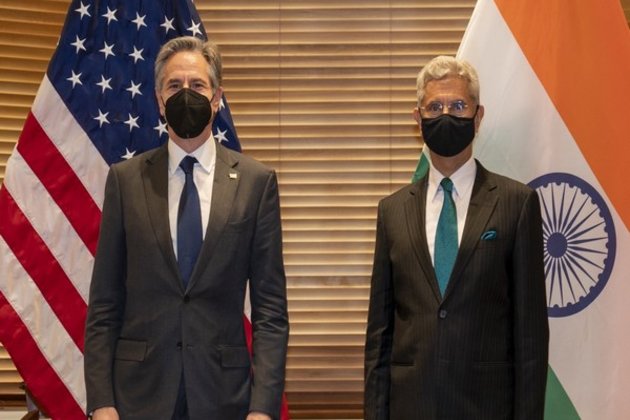
External Affairs Minister S. Jaishankar addressed the Parliament regarding the deportation of over 100 Indian nationals from the US, assuring that the government is actively engaging with the US to ensure the deportees are not mistreated. He also emphasized the need for cracking down on the illegal immigration industry and taking necessary action against agents based on information provided by the deportees.
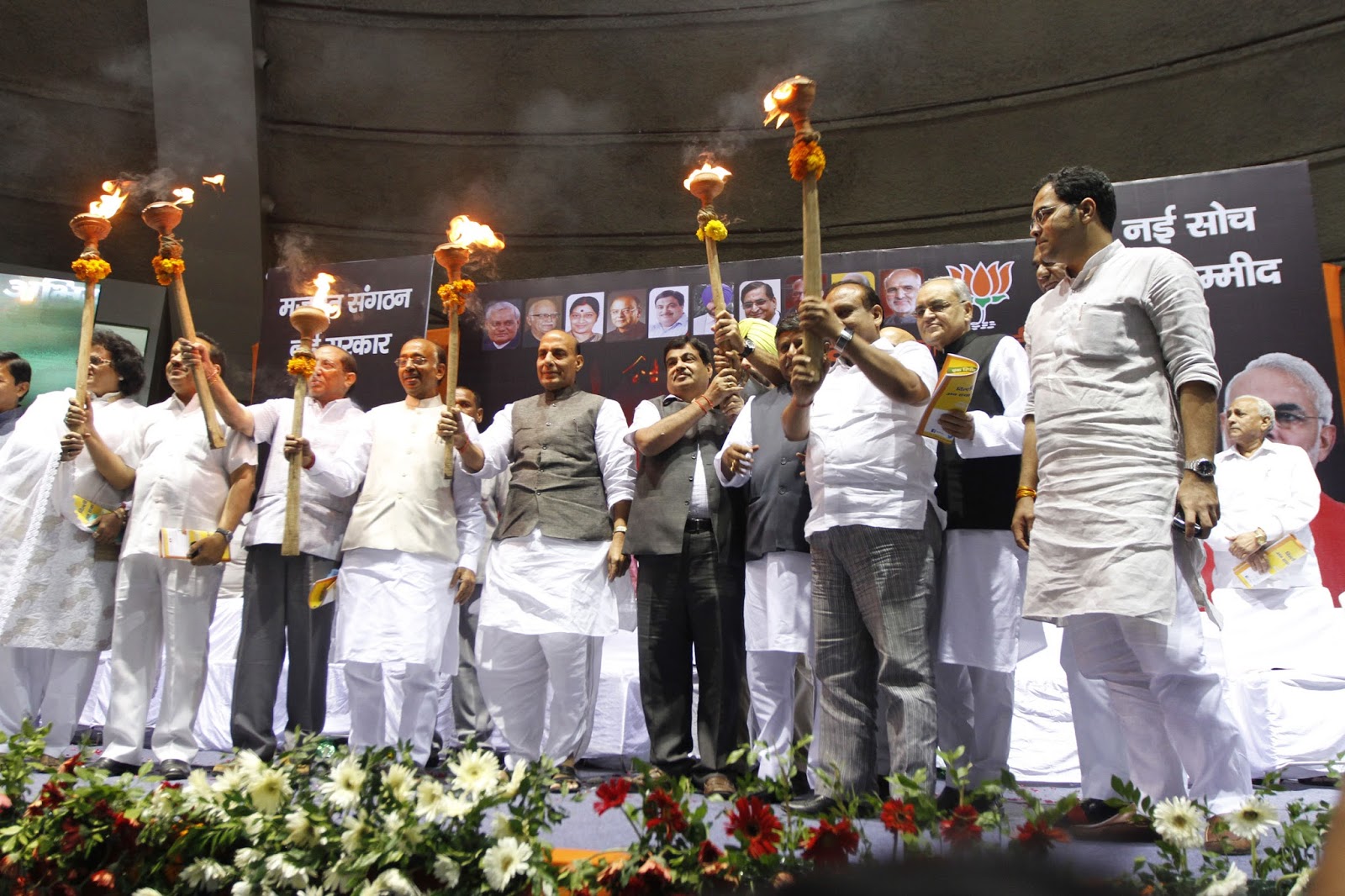
Exit polls indicate a potential major return for BJP after 27 years of opposition rule as voter turnout reaches 57.70%. Special polling stations were set up for senior citizens and people with disabilities and a QMS app was introduced to streamline the voting process. The results are highly anticipated to mark a significant shift in Delhi’s political scene.
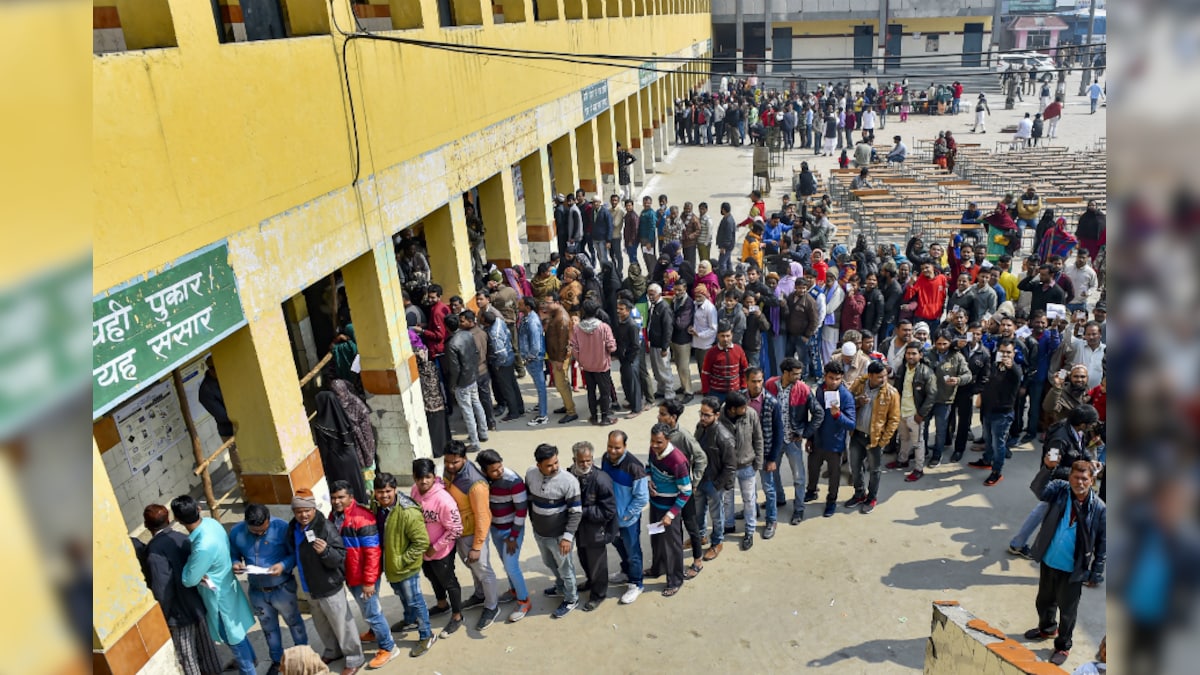
In a surprising turn of events, Delhi saw its lowest voter turnout since 2008 during the recent assembly elections, with only 60.4% of eligible voters casting their votes. The Election Commission of India (ECI) reported that this year's turnout is significantly lower than previous years, with the North East district recording the highest turnout at 66.25% and South East district recording the lowest at 56.31%. The ECI has reassured that these figures are provisional and will be updated soon, with 699 candidates competing in the elections and results to be announced on February 8.
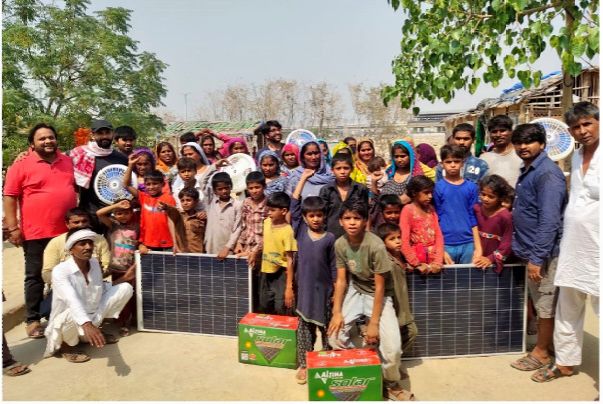
In a historic moment for democracy, hundreds of Pakistani Hindu refugees in Delhi exercised their right to vote in the Assembly elections for the first time. After years of living in uncertainty and statelessness, these refugees, who were granted Indian citizenship under the Citizenship (Amendment) Act, finally had a voice in shaping the future of their adopted homeland. This powerful moment stands as a symbol of their journey and struggle, and brings hope for a better future for the community as they participate in the democratic process.
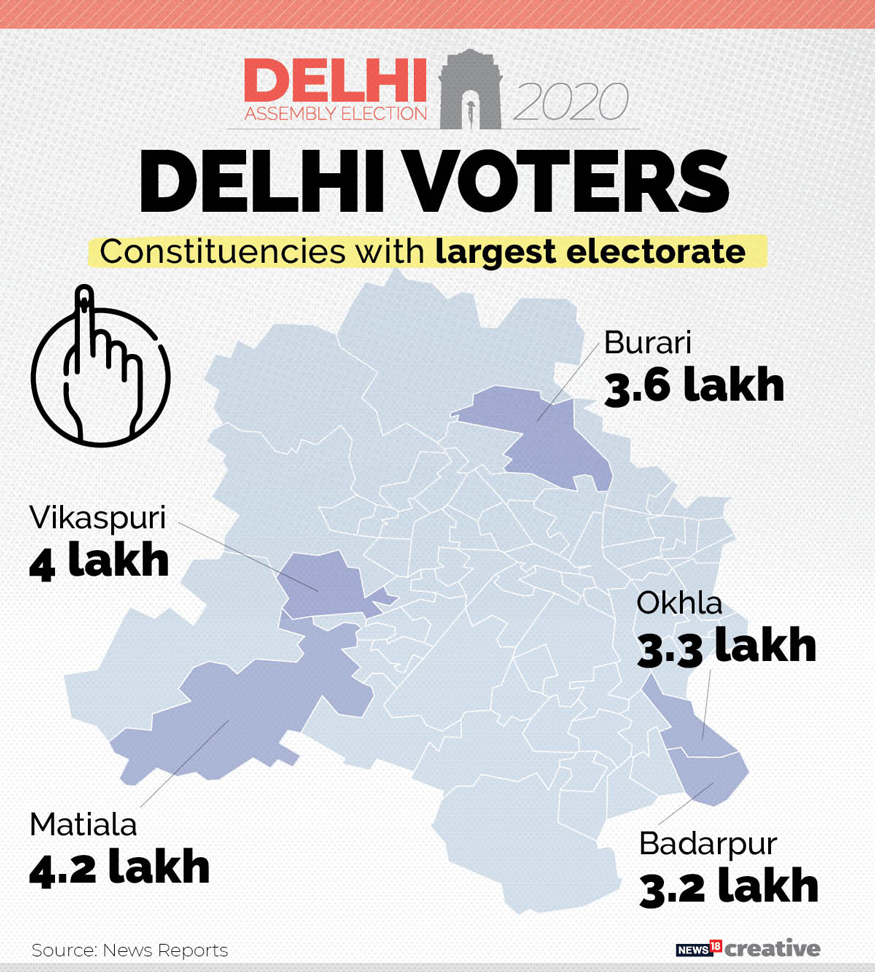
With polling underway in Delhi's 70 assembly constituencies, the Election Commission has reported a voter turnout of 46.55% as of 3 pm. The Northeast district recorded the highest turnout at 52.73% while the New Delhi district saw the lowest at 43.10%. This crucial election will decide the fate of 699 candidates and has drawn high-profile voters such as President Droupadi Murmu, Vice-President Jagdeep Dhankhar, and Delhi Chief Minister Arvind Kejriwal. Stay updated with the latest political news and stock market updates on Zee Business.